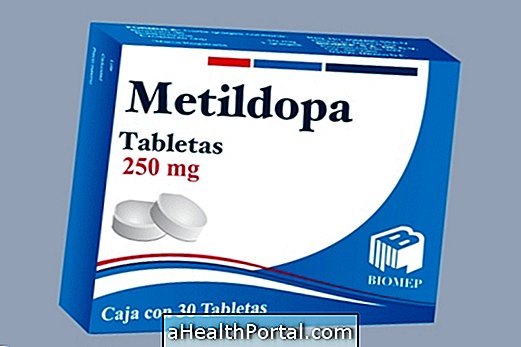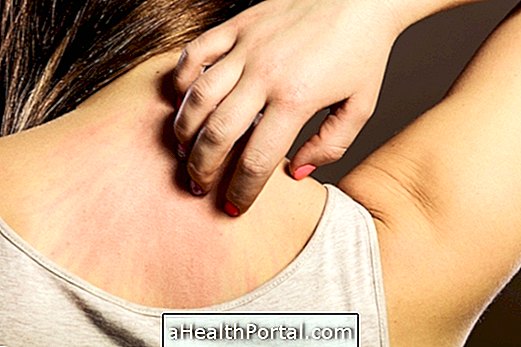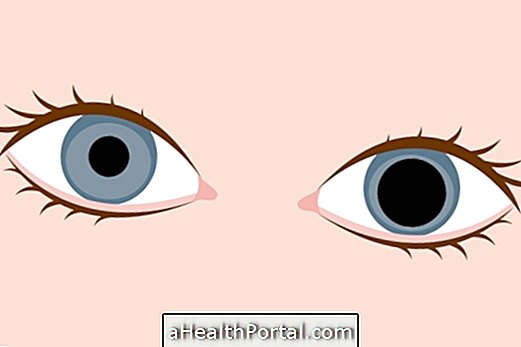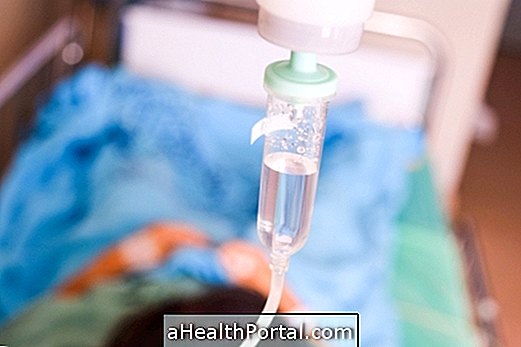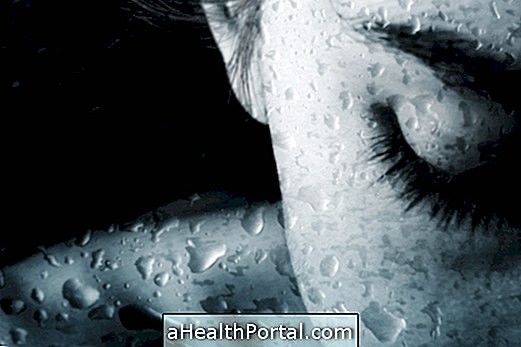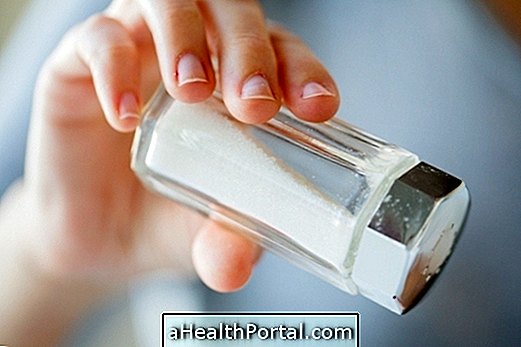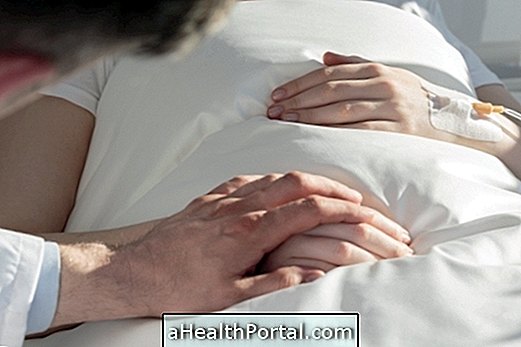The hepatitis B vaccine is injected. This vaccine induces the formation of antibodies against the hepatitis B virus and is in the basic schedule of vaccination of the child.
Unvaccinated adults can also make the vaccine, which is especially recommended for healthcare professionals, hepatitis C patients, alcoholics, and individuals with any other liver diseases.
The hepatitis B vaccine is produced by different laboratories and is available at vaccination clinics and clinics.

Indications
Hepatitis B (prevention)
Side effects
Headache, fatigue, fever, dizziness, heat, discomfort, edema, induration, nodule formation reddish inflammation in the skin.
Contraindications
Pregnancy risk C, history of hypersensitivity to vaccine components, including yeast, moderate to severe acute illness (postpone vaccination until the patient recovers from the acute phase of the disease).
Mode of Use
Injectable Dosage
Children: The vaccine should be administered intramuscularly, in the anterolateral region of the thigh.
- 1st dose: Newborn in the first 12 hours of life (within the maternity ward)
- 2nd dose: 1 month old
- 3rd dose: 6 months old
Adults: The vaccine should be given intramuscularly in the arm.
- 1st dose: Age not determined
- 2nd dose: 30 days after 1st dose
- 3rd dose: 180 days after 1st dose
In special cases, the interval between doses may be shorter.
Hepatitis B Vaccine in Pregnancy
The hepatitis B vaccine is the most effective form of prevention to prevent hepatitis B virus infection and therefore to pass it on to the baby, so all pregnant women who have not received the vaccine should take it before get pregnant.
The vaccine can also be taken during pregnancy as of the 13th week of gestation and is recommended for pregnant women who have not been vaccinated or who have incomplete vaccination schedule. In addition, in this case, the pregnant woman should also take immunoglobulin injections to reduce the risk of contamination of the baby.
Hepatitis B vaccine in young people
The Ministry of Health warns all young people up to 24 years of age, as well as those who are vulnerable to the hepatitis B virus to vaccinate against the disease. And it draws the attention of all those who have already been exposed to the virus to get tested for hepatitis B.
Individuals who are vulnerable to the hepatitis B virus are those who:
- have had some unprotected intimate contact;
- compromised immune system;
- have or have had relatives with hepatitis b;
- are or have been drug users;
- blood transfusion before 1992;
- are the offspring of a mother with hepatitis B.
Situations in which individuals may have been exposed to the hepatitis B virus include:
- contact with blood or secretions of a contaminated individual;
- being a health professional such as a doctor, nurse, physiotherapist, lifeguard;
- to have made some sort of rescue in which there was contact with unknown blood.
The ministry of health warns everyone who is not sure if they are vaccinated to join the vaccination of hepatitis B and C.
Useful links:
- Hepatitis B
- Hepatitis B in pregnancy


